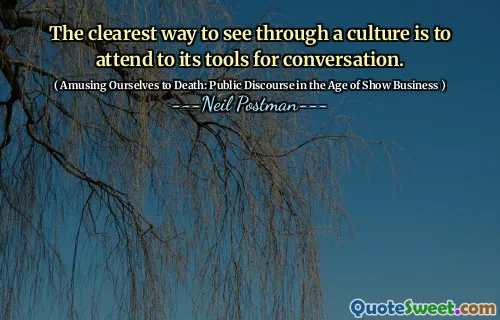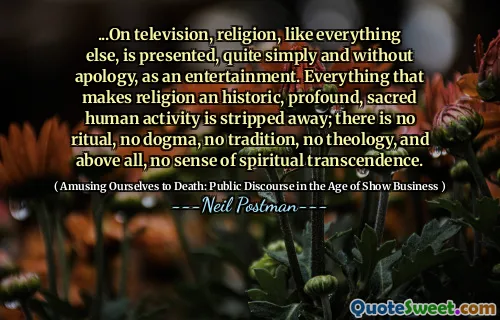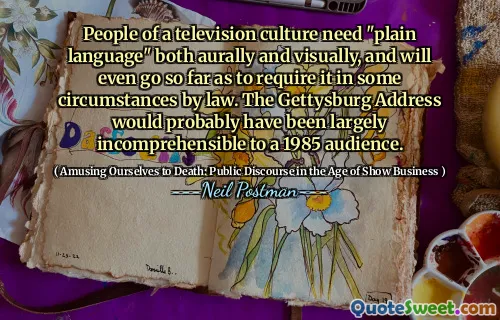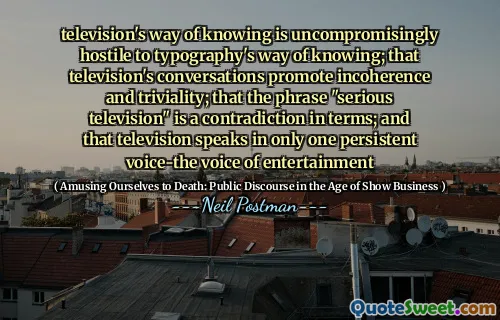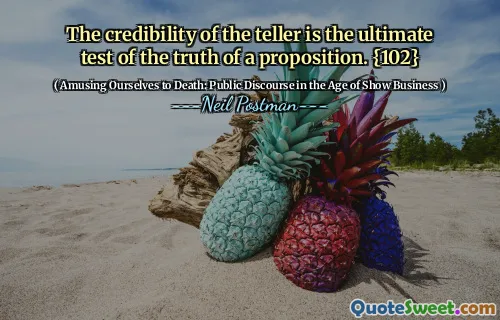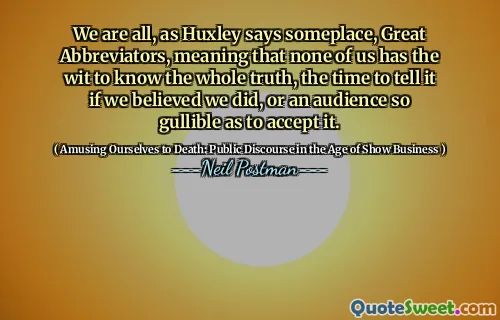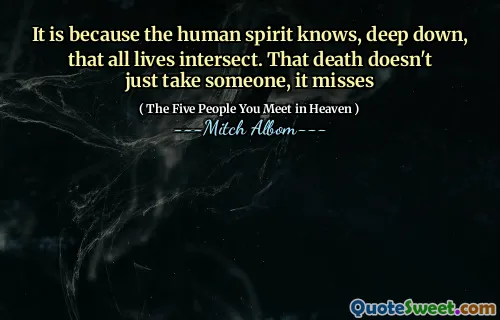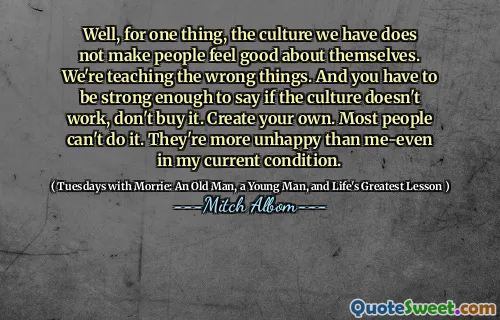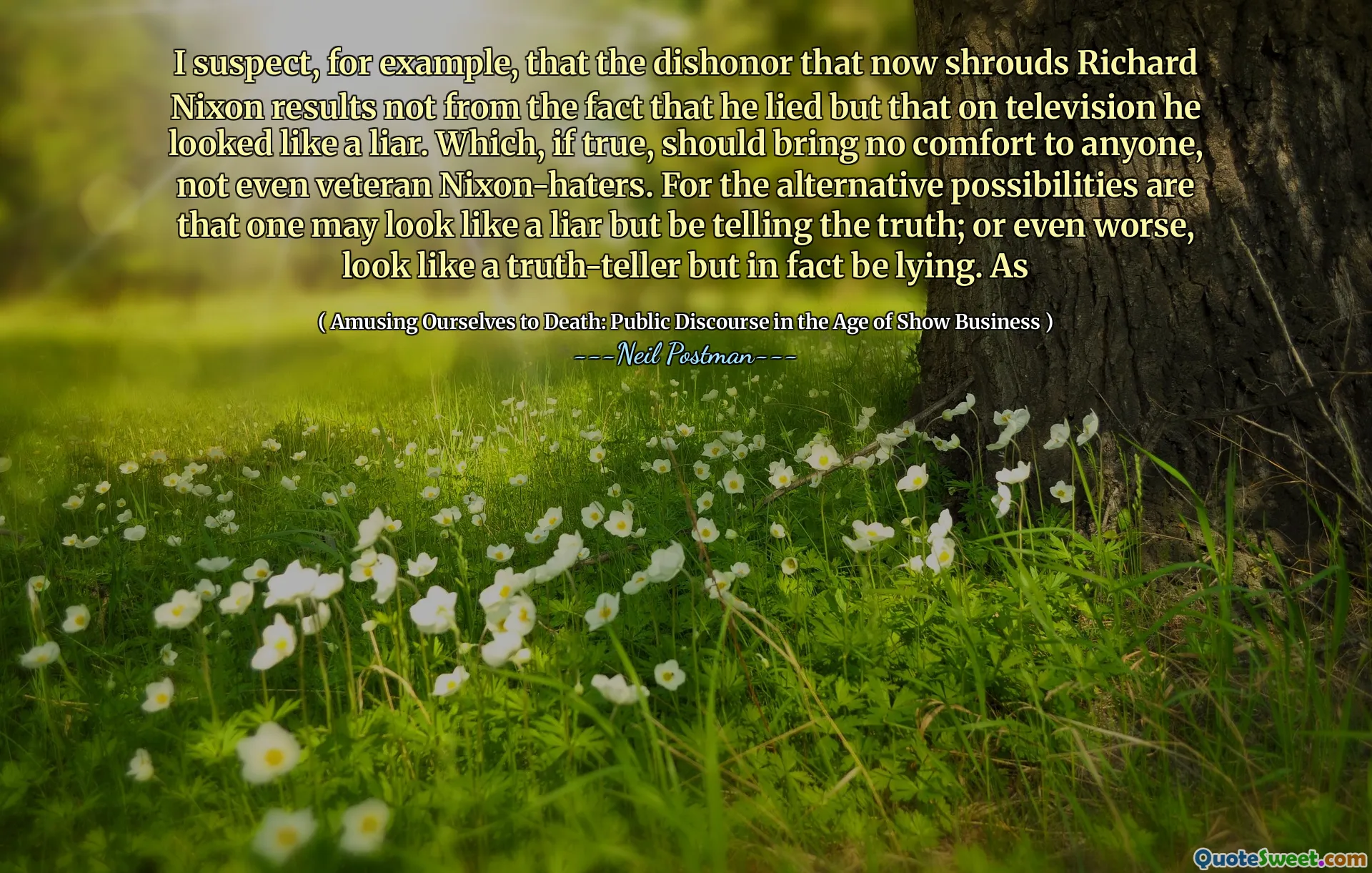
例如,我怀疑,现在裹着理查德·尼克松(Richard Nixon)的耻辱不是他撒谎的事实,而是在电视上看起来像骗子。如果是真的,那就不应该给任何人带来安慰,甚至没有资深的尼克松骑士。因为另一种可能性是看起来像个骗子,但要说实话。甚至更糟糕的是,看起来像个真相的人,但实际上在撒谎。作为
(I suspect, for example, that the dishonor that now shrouds Richard Nixon results not from the fact that he lied but that on television he looked like a liar. Which, if true, should bring no comfort to anyone, not even veteran Nixon-haters. For the alternative possibilities are that one may look like a liar but be telling the truth; or even worse, look like a truth-teller but in fact be lying. As)
尼尔·邮递员(Neil Postman)在理查德·尼克松(Richard Nixon)的遗产中探索了感知和真理的本质,这表明人们的判断通常源于外观而不是实际的诚实。他指出,尼克松在电视上的形象促成了他对他的负面看法,这意味着社会可以将身体举止等同于信誉。这种观察引起了人们对基于视觉而不是实质评估的可靠性的担忧。
Postman的论点的含义超出了尼克松,突出了公众话语中更广泛的问题:一个人可以看上去欺骗但诚实,而另一个人似乎诚实,但隐藏了虚假。这种动态的挑战是我们对真理的理解,并暗示外观可能是误导性的,强调了审查更深层次的真理而不是仅依靠表面印象的重要性。
